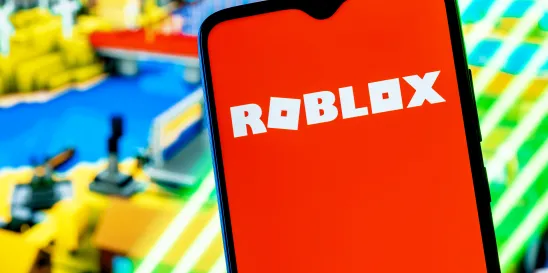As casino gaming attempts to integrate itself further into the mainstream, operators have increasingly targeted a younger, more diverse player base than the demographic commonly associated with in-person table and slot machine wagering. One of the more notable attempts to expand the base is through the implementation of casino elements within other games, allowing players to obtain virtual currency and wager the currency in either an open or closed-loop environment[1].
As the integration of virtual gambling increases, so have the variations on the casino gaming and inevitably, the lawsuits. The most recent lawsuit, a class-action styled as Gentry et al. v Roblox Corp. et al, focuses on two key gaming aspects of the “virtual casino,” the associated gameplay and underlying transactions[2].
The complaint leads by describing how Roblox’s native virtual currency, Robux, is purchasable with real-world currency through a transaction with Roblox, and the virtual currency is then available on a player’s account. The player can then “remove” the Robux from the main Roblox environment by accessing a third-party website that “converts” Robux to another currency for its casino games. The effect of this “conversion” is to transfer the Robux, within Roblox’s environment and on a ledger kept by Roblox, from the player to the third-party casino operator. The operator then provides the player virtual currency credits that can only be used to gamble on the casino operator’s website. In effect, while the Robux never leave the Roblox environment, the value associated with the Robux is no longer restricted to the closed environment.
Should a player “cash out” on the third-party site, the player can then reacquire their original amount of purchased Robux, plus or less the equivalent value of any virtual currency won or lost on the third-party site, in the Roblox environment. If a player loses casino credits on the third-party website, the operators keep the equivalent amount of the player’s Robux. Then, in the normal course of Roblox’s operation, either party can convert their Robux to real world currency in an exchange rate set by Roblox, which allegedly involves Roblox taking a portion of the transaction principle as a fee. All transactions involving the transfer of Robux happen within the Roblox environment, are monitored and recorded by Roblox, and are not restricted by Roblox despite Roblox arguably being on notice of the nature of these transactions. Thus, the complaint alleges, Roblox is complicit to and profits from an illegal gambling operation.
Precedent for these types of cases has varied significantly across courts. Generally, the more restrictive the virtual environment is regarding the liquidity and fluidity of the virtual currency, the more favorable the outcome has been for the game operator. Additionally, clear restrictions on the use and conversion of virtual currency in the game’s terms of service, combined with efforts to enforce such terms[3], have also proven to be persuasive to courts in demonstrating that a game or app was not an illegal gambling device.
However, given the general lack of geofencing features on these types of games and their widespread availability and use on the internet, operators should ensure a comprehensive review of all state and federal gaming prohibitions to ensure the compatibility of their product with the jurisdictions in which the game is either offered or accessible.
[1] Virtual gambling in open and closed-loop environments and associated case law is discussed in an article written by Jones Walker partner Marc Dunbar and Special Counsel Daniel McGinn, published in the Summer 2023 IMGL Magazine, available here.
[2] The complaint also focuses on the large population of minors that play Roblox, and the named Plaintiffs sue individually and as next friends of minors.
[3] Roblox includes such terms, but the complaint alleges that the company does not enforce the terms and in complacent in the gambling operation.
Roblox knows its Robux are being used to place bets in illegal virtual casinos, directly facilitates this transfer within the Roblox ecosystem, then imposes a fee on the ill-gotten gains accrued by the Gambling Website Defendants when they seek to convert Robux to cash.




 />i
/>i
